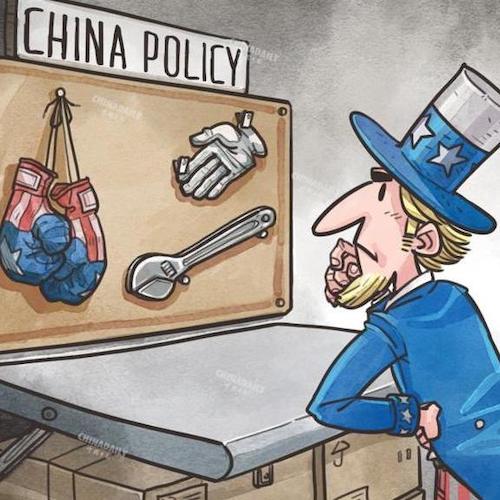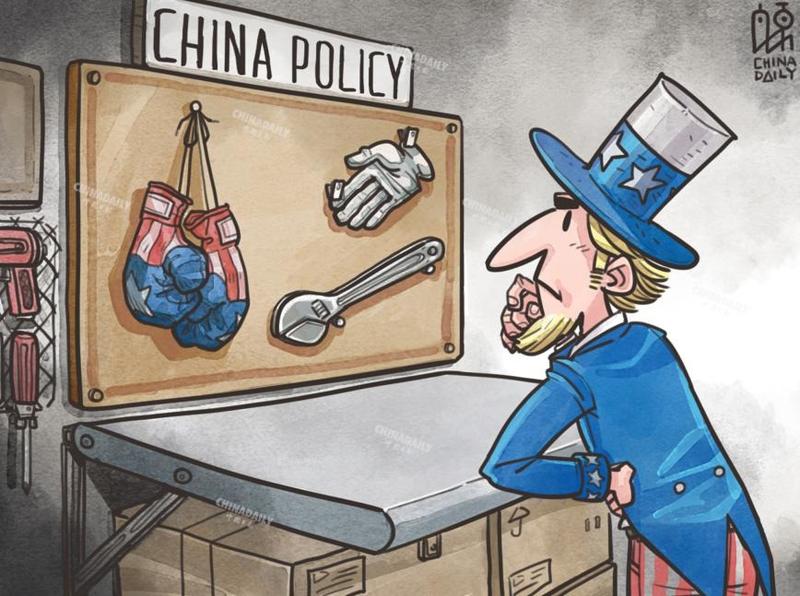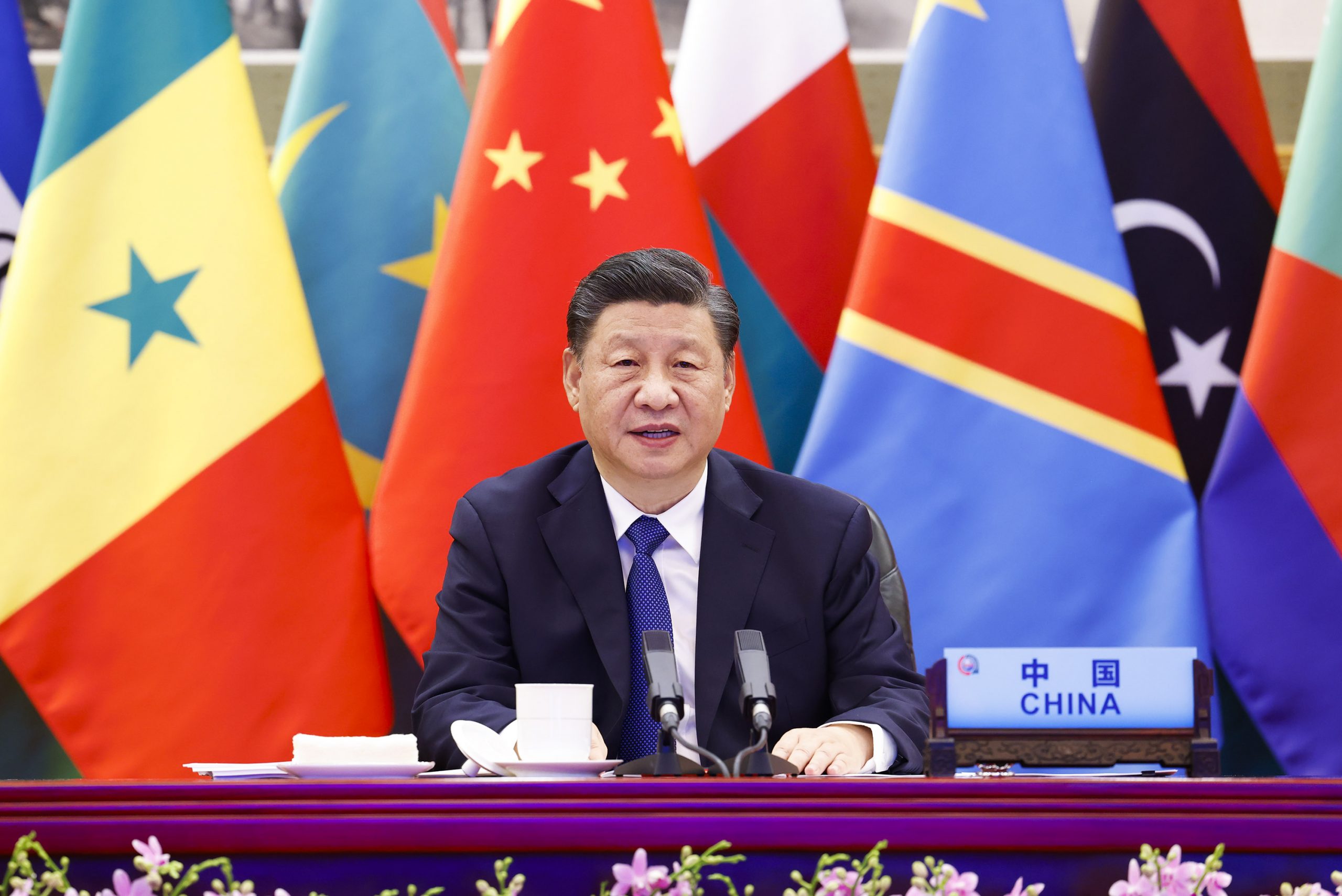China has a long way to go and has much to do to improve — politically, diplomatically and environmentally. But it is important to be aware that Beijing is acutely aware of this and the scale of the challenge.
Given China’s size, it is on a learning journey without historical precedent. It needs to be more transparent with the global community, but portraying it as an irresponsible rogue state, or part of a “new axis of evil,” is simply wrong, and the relentless adoption of an anti-China bias is toxic.
The Anglosphere’s criticisms of China are an attempt to justify its white moral authority, intellectual superiority, and push for democracy as the only legitimate political system. It is also a double standard.
The dire condition of America’s migrant camps on the border with Mexico, rife with disease and sexual abuse, or Washington’s grisly use of torture at Guantanamo Bay and Afghanistan, are not equated to failings of the democratic system.
Yet, a comparison of the same magnitude is readily made between Xinjiang and the ideologies of the Communist Party of China.
It is, however, in China’s interest to come clean and work with bodies like the United Nations to reassure the world about its policies towards the Uygurs and other minorities.
It certainly must vigorously contest the accusation of genocide, which has not found broad support in the Islamic world, and which even The Economist — a paragon for Western neoliberalism — says is wrong.
By the same token, it is only fair that Western nations and their allies who are accused of war crimes—in Afghanistan, Iraq, and Palestine—also allow independent investigations to be carried out.
The Anglosphere has been gripped by the alleged mistreatment of a Chinese tennis star, but what about the appalling fate of Julian Assange at the hands of the Anglosphere, who surely has done more than any other journalist to expose the extent of Western war crimes?
Instead of clinging to its ideas of national, racial and cultural superiority, the Anglosphere should seek a major reset and broker a meaningful dialogue with China. The non-white world also needs to have renewed faith in its own values and judgments.
As we move into a new world order, this can be a chance for new systems of collaboration and plurality to emerge — by working with China rather than against it.




























